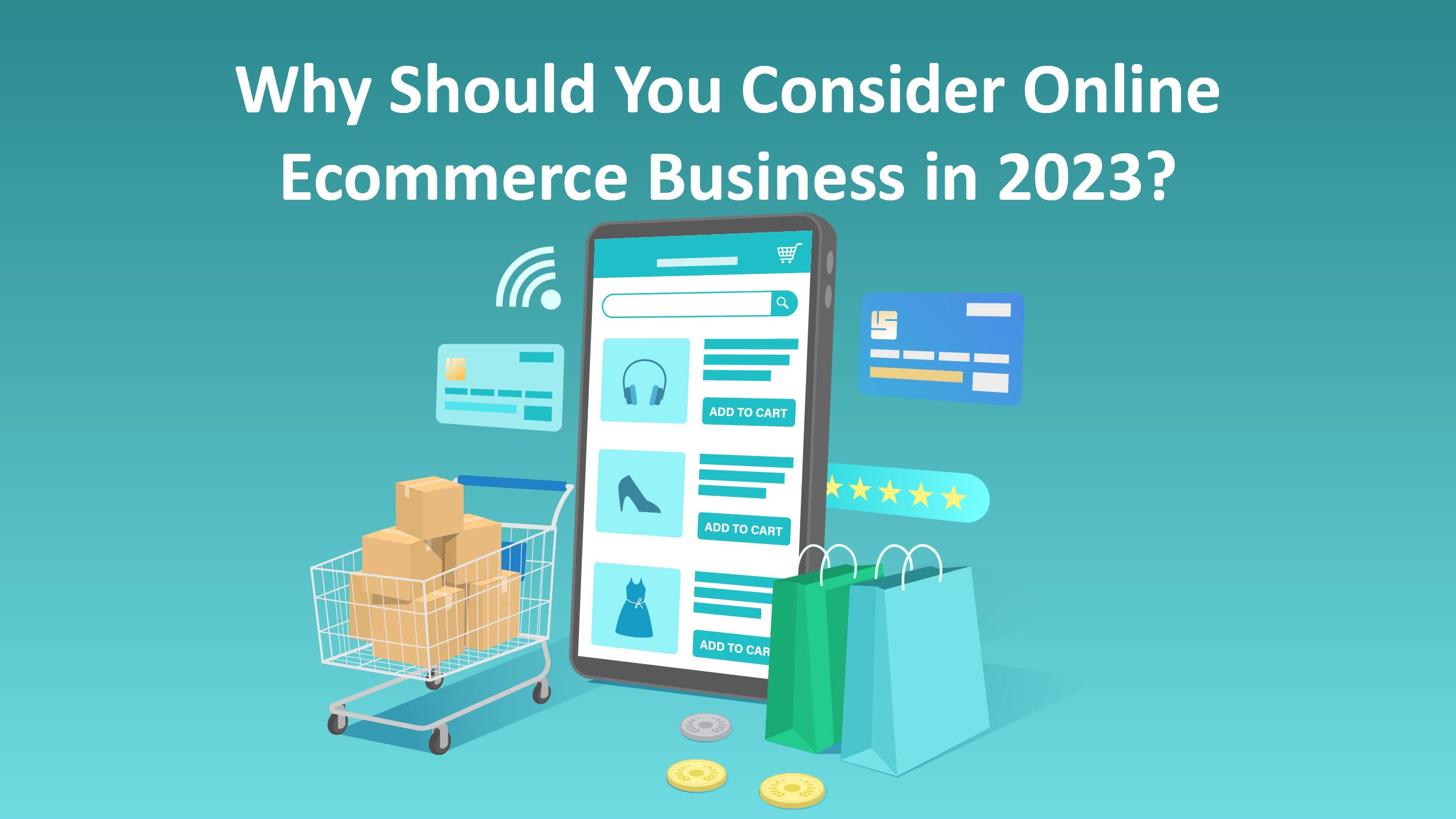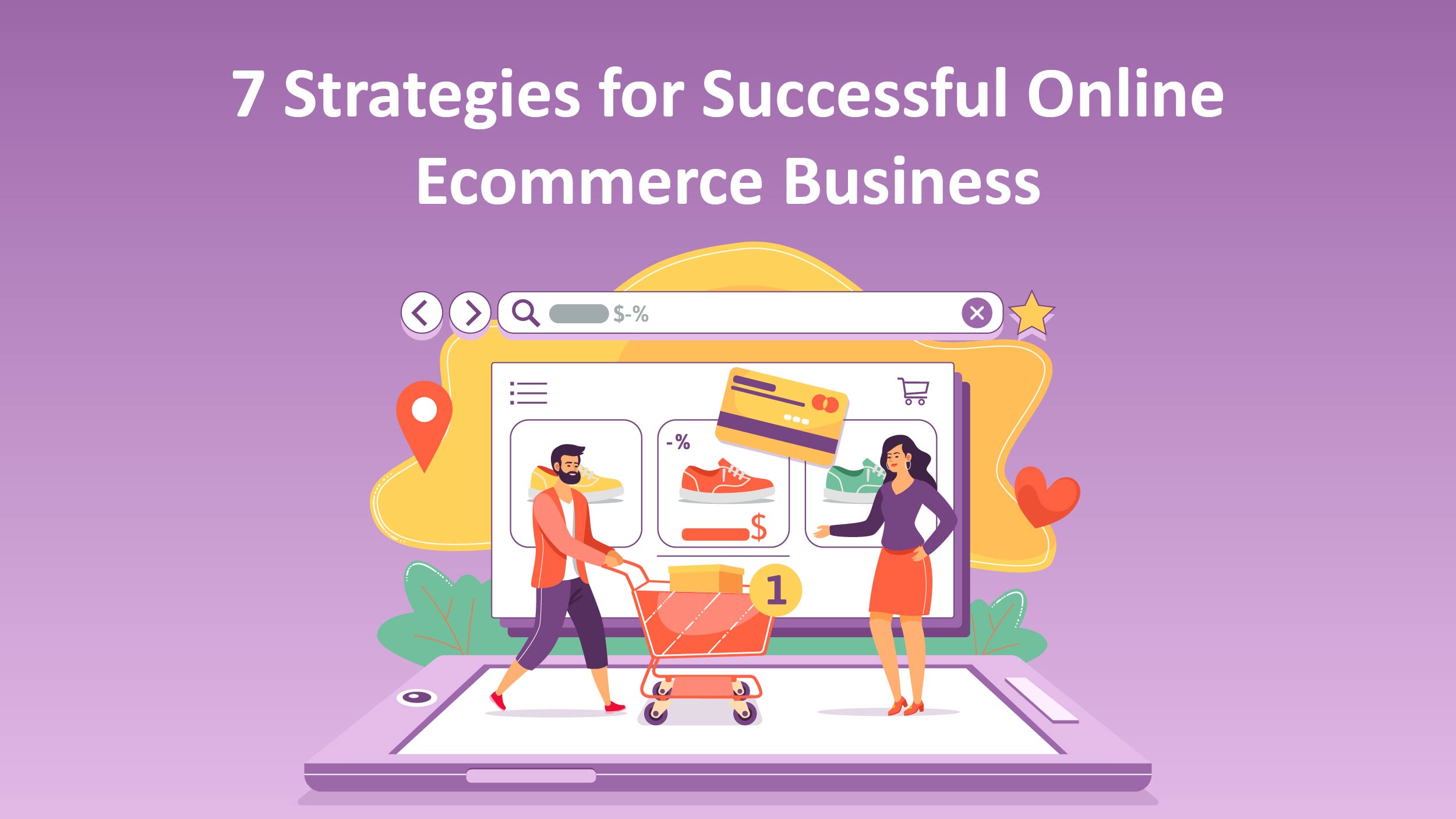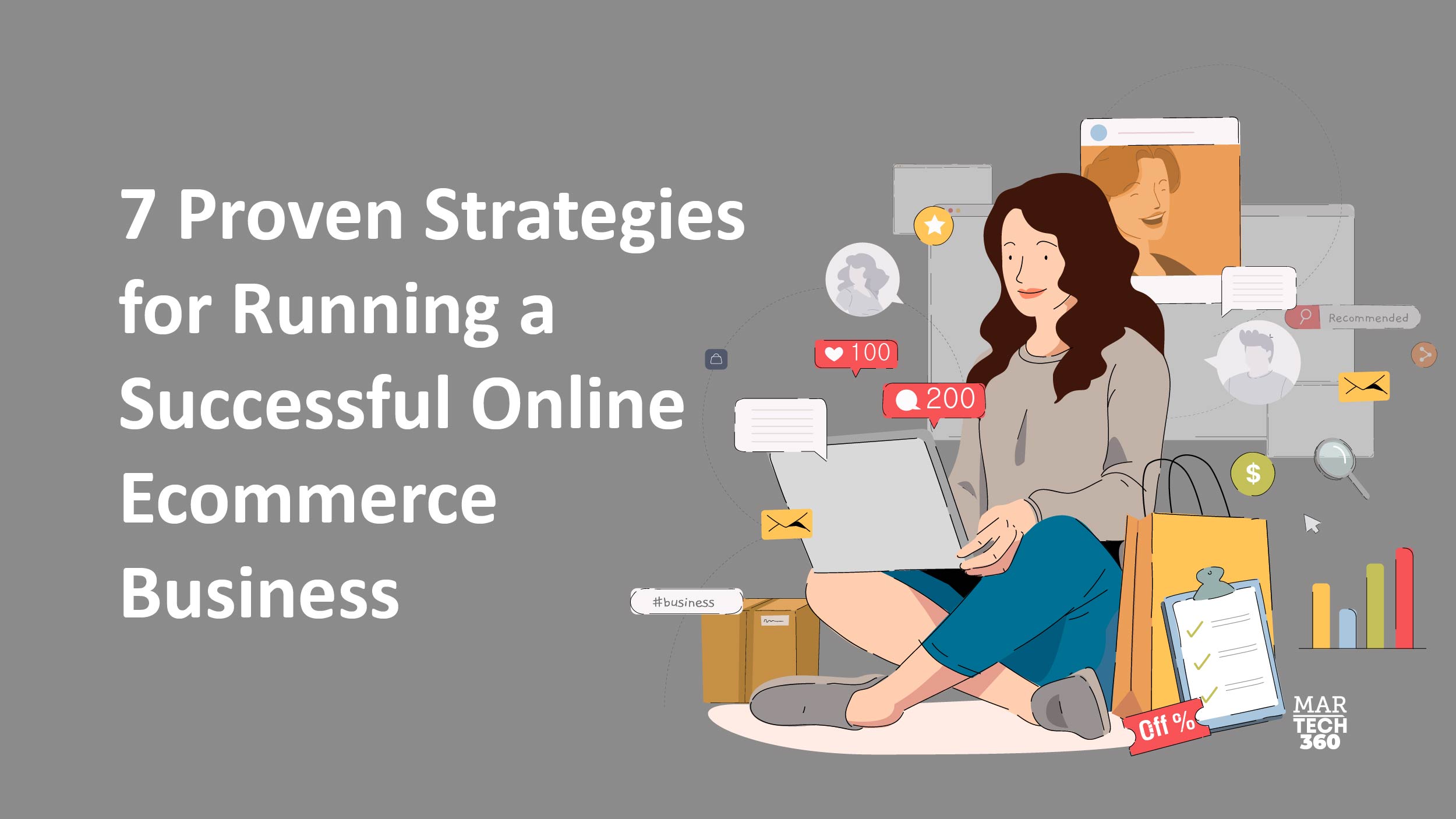If you have a knack for entrepreneurship or craftsmanship, you may have envisioned launching your own online store. However, establishing an e-commerce business is no simple task. In this article, we will outline each step involved in starting an e-commerce enterprise and provide insights on when you can anticipate achieving profitability. Let’s begin by defining what exactly constitutes an e-commerce business.
What is an Online Ecommerce Business?
An ecommerce business is an online platform that sells products or services to customers through the internet. These businesses can vary in size, ranging from small home-based ventures to large, multimillion-dollar enterprises. Implementing a successful e-commerce strategy enables entrepreneurs to access a global customer base while minimizing overhead costs. In the world of ecommerce, there are two main business models: business-to-business (B2B) and business-to-consumer (B2C).
B2B sellers primarily target other businesses, offering products that these businesses may require. On the other hand, B2C sellers focus on selling products directly to individual shoppers or end customers.
B2B e-commerce examples:
- Wholesale suppliers
- Office supply stores
- Software companies
- Business consultants
- Industrial equipment manufacturers
- IT services providers
B2C e-commerce examples:
- Clothing retailers
- Grocery stores
- Health and beauty retailers
- Electronics stores
- Home goods stores
What is the Meaning of E-commerce?
E-commerce refers to the process of buying and selling goods and services online. It involves businesses conducting transactions with customers through electronic means. This form of commerce enables entrepreneurs to expand their reach beyond local customers and tap into a broader audience.
Why Should You Consider Online Ecommerce Business in 2023?
 The world of e-commerce is flourishing, offering ample opportunities for newer entrants. Currently, online sales account for about 22% of total sales, equivalent to a staggering $3.3 trillion, according to Morgan Stanley. Experts project that this number will soar even higher, reaching an estimated $5.4 trillion by 2026. Whether you are looking to pursue e-commerce as a full-time endeavor or simply as a side hustle alongside your main career, now is the perfect time to jump aboard this thriving industry.
The world of e-commerce is flourishing, offering ample opportunities for newer entrants. Currently, online sales account for about 22% of total sales, equivalent to a staggering $3.3 trillion, according to Morgan Stanley. Experts project that this number will soar even higher, reaching an estimated $5.4 trillion by 2026. Whether you are looking to pursue e-commerce as a full-time endeavor or simply as a side hustle alongside your main career, now is the perfect time to jump aboard this thriving industry.
Here are some benefits of starting an online ecommerce business in 2023:
- Make passive income
- Be your own boss and choose your own schedule.
- Work from any place that has an internet connection
- Possibility of rapid growth as more individuals engage in internet shopping
- To increase sales and earnings, venture out into new markets or product categories
Online platforms like Amazon provide valuable resources, services, and a vast customer base that can help kick start your business.
Also Read: Pin It to Win It: A Complete Guide to Pinterest Affiliate Marketing
7 Strategies for Successful Online Ecommerce Business
 Now that we have a good understanding of online ecommerce businesses, let’s explore seven proven strategies for a successful launch.
Now that we have a good understanding of online ecommerce businesses, let’s explore seven proven strategies for a successful launch.
-
Discover Profitable Products
Your e-commerce journey begins with finding the right products to sell. To ensure success:
- Conduct thorough market research to identify product opportunities in demand.
- Explore platforms like Amazon Best Sellers, Google Trends, and eBay to discover trending products.
- Evaluate the potential profitability of your chosen product by considering factors like competition and profit margins.
-
Procure Your Products
With a product idea in mind, it’s time to source your inventory:
- Consider business models like dropshipping, private labeling, or direct-to-consumer (DTC) based on your budget and resources.
- Assess the advantages and disadvantages of different sourcing methods.
- For local businesses, explore options like local delivery and curbside pickup to cater to the current market trends.
-
Analyze Your Competition and Develop a Business Plan
Competitive analysis and a solid business plan are your roadmap to success:
- Perform a comprehensive competitive analysis to understand your competitors and identify gaps in the market.
- Utilize SWOT analysis to pinpoint your business’s strengths and opportunities.
- Craft a well-structured business plan that outlines your objectives, strategies, and target audience.
-
Establish Your Brand Identity and Online Presence
Creating a strong brand and online presence is essential for attracting customers:
- Choose a unique and memorable business name and secure a corresponding domain name.
- Create a professional logo that resonates with your brand identity.
- Learn the basics of SEO to optimize your website for search engines.
- Build a visually appealing online store using a user-friendly website builder.
-
Select Sales Channels for Your Products
Diversifying your sales channels can expand your reach:
- Determine the right mix of sales channels based on your target audience and product offerings.
- Consider platforms like Etsy, eBay, and Amazon in addition to your self-hosted online store.
-
Plan Your Shipping Strategy and Set Goals
Efficient shipping and clear goals are essential for customer satisfaction:
- Develop a well-thought-out shipping strategy that balances cost and delivery time.
- Understand the intricacies of international shipping if you plan to expand beyond borders.
- Define key performance indicators (KPIs) to track and measure the success of your e-commerce venture.
-
Launch Your E-commerce Venture
With everything in place, it’s time to launch your business and start selling:
- Initiate your marketing efforts to attract your initial customer base.
- Drive targeted traffic to your online store through various marketing tactics.
- Invest in marketing strategies to expand your customer base and increase sales.
Each step is vital to your overall success, from finding profitable products to executing effective marketing plans, ensuring you’re prepared for every stage of your entrepreneurial journey.
Final Thoughts
Online ecommerce businesses have several advantages compared to traditional brick-and-mortar establishments. These include lower overhead costs, a broader customer base, and the ability to operate 24/7. However, launching and managing a successful ecommerce business requires strategic planning and meticulous execution.
The seven proven strategies that we discussed in this blog post can help you to launch a successful online ecommerce business and achieve your business goals.


Comments are closed.